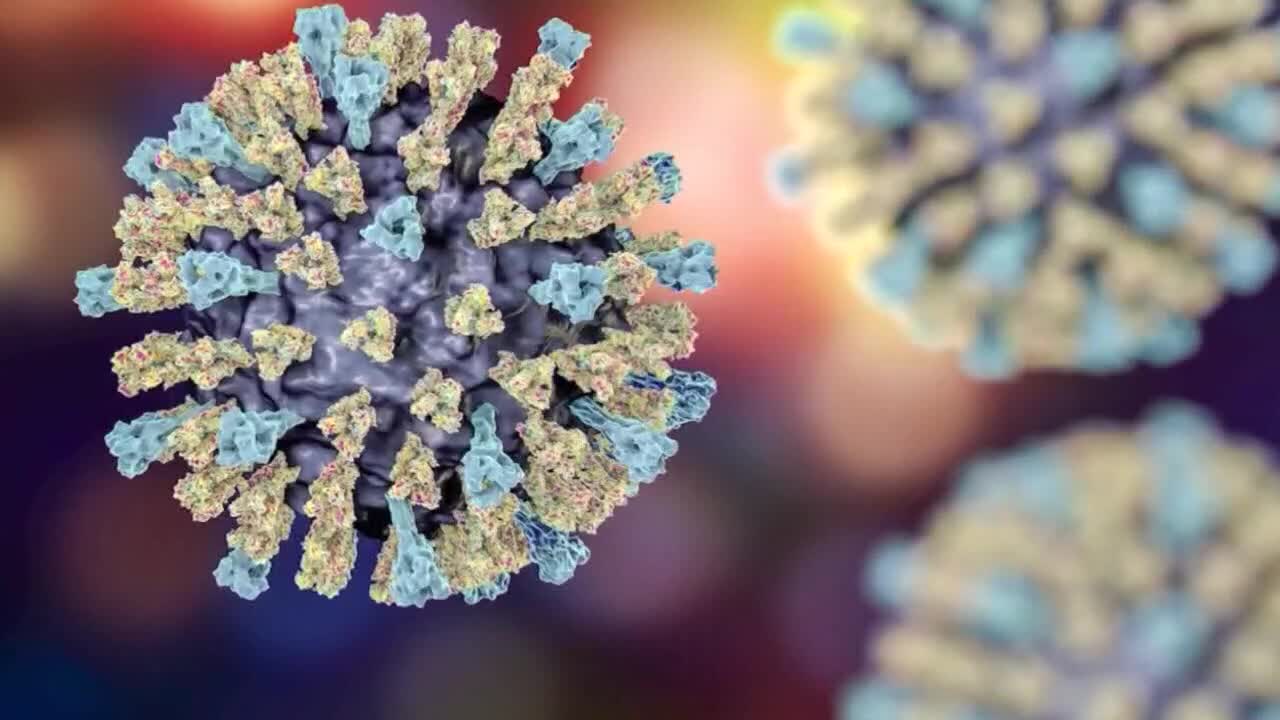Kettering Health Hack: Ransomware Gang 'Interlock' Leaks Patient Data, Demands Payment

Kettering Health, a major healthcare provider in southwestern Ohio, is facing a serious data breach after a ransomware gang known as Interlock claimed responsibility for a recent cyberattack. The group is now publicly advertising stolen data, including sensitive patient information, and demanding a ransom payment to prevent further leaks.
What Happened?
The cyberattack, which initially disrupted operations at Kettering Health facilities on July 19th, has been attributed to Interlock, a notorious ransomware-as-a-service (RaaS) group. Interlock specializes in targeting healthcare organizations, exploiting vulnerabilities to gain access to critical systems and encrypt data. This allows them to extort victims with the threat of releasing confidential information.
Data Leak Confirmation
While Kettering Health confirmed the cyberattack and initial data exfiltration, the extent of the compromised information remained unclear. Now, Interlock has escalated the situation by posting samples of stolen data on their dark web portal, effectively confirming the data breach and its severity. This data reportedly includes patient names, addresses, dates of birth, medical records, social security numbers, and potentially insurance information.
Impact on Patients and Kettering Health
The exposure of such sensitive patient data poses significant risks, including identity theft, financial fraud, and potential harm from unauthorized access to medical records. Kettering Health is urging patients to remain vigilant and monitor their credit reports and financial accounts for any suspicious activity. The healthcare provider is also working with cybersecurity experts to investigate the breach, contain the damage, and implement enhanced security measures to prevent future attacks.
Interlock's Tactics and Reputation
Interlock is known for its aggressive tactics and willingness to leak stolen data if ransom demands are not met. Their targeting of healthcare organizations is particularly concerning, given the highly sensitive nature of the data involved and the potential impact on patient care. The group operates on a RaaS model, meaning they provide ransomware tools and infrastructure to affiliates who then carry out the attacks, making attribution and disruption more challenging.
Ongoing Investigation and Response
Law enforcement agencies, including the FBI and the Department of Health and Human Services (HHS), are likely involved in the investigation. Kettering Health is obligated to notify affected patients and regulatory bodies as required by law. The incident underscores the growing threat of ransomware attacks against healthcare providers and the urgent need for robust cybersecurity defenses and incident response plans.
What Patients Can Do
- Monitor Credit Reports: Regularly check your credit reports for any unauthorized activity.
- Review Financial Accounts: Keep a close eye on your bank and credit card statements.
- Be Alert for Phishing Scams: Be wary of suspicious emails or phone calls asking for personal information.
- Consider Identity Theft Protection: Explore options for identity theft monitoring and protection services.
Kettering Health has established a dedicated website and hotline to provide patients with updates and resources related to the breach. This incident serves as a stark reminder of the importance of cybersecurity in protecting sensitive patient data and maintaining trust in the healthcare system.






